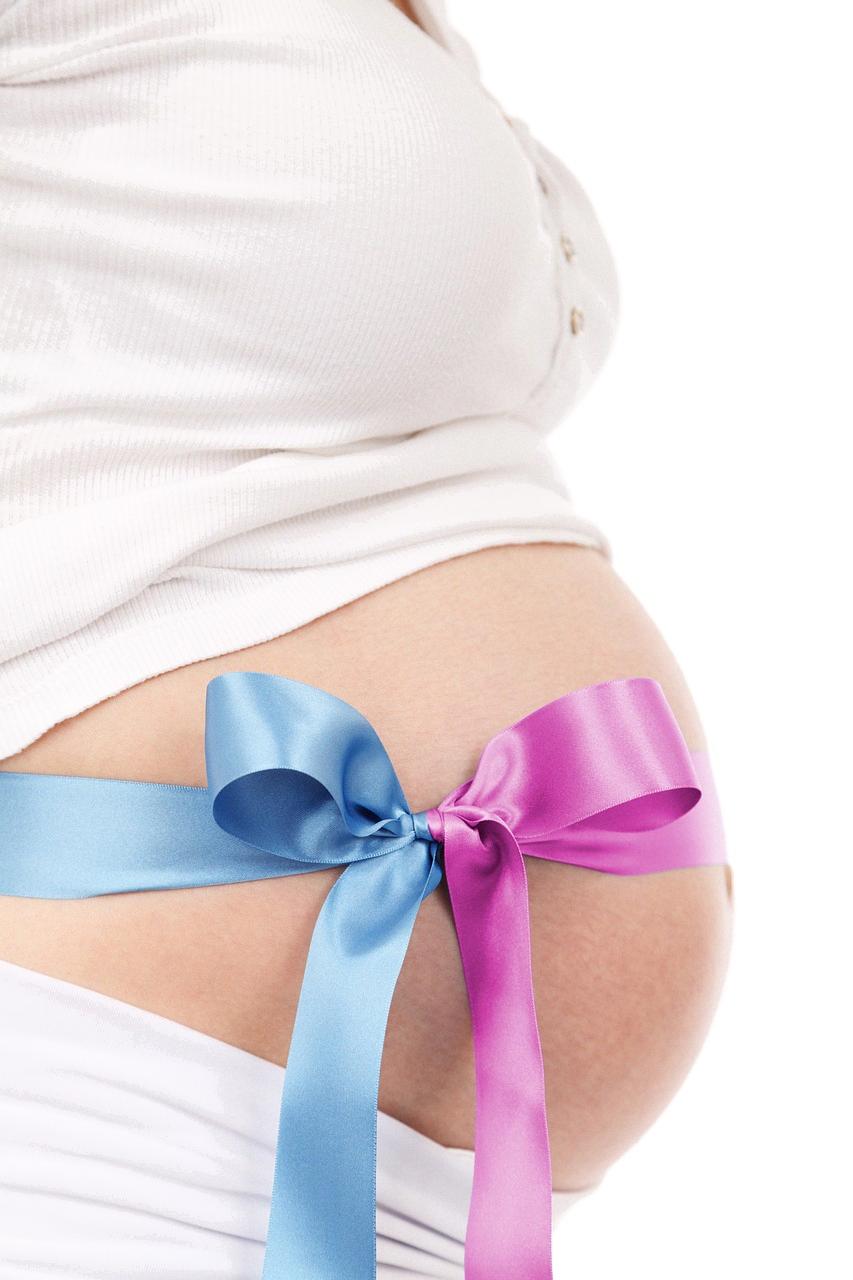During pregnancy, a woman’s body undergoes numerous physical changes to accommodate the growing baby. While most attention is often directed towards visible changes like a growing belly, the impact of pregnancy on other parts of the body, such as the knees, is often overlooked. Recent research suggests that altered joint laxity during pregnancy may contribute to potential joint dysfunction, including the knees.
The Role of Joint Laxity in Knee Dysfunction
Joint laxity refers to the looseness or instability of a joint, which can affect its ability to support and stabilize the surrounding structures. Studies have shown that knee joint laxity tends to increase during pregnancy, potentially due to hormonal changes that affect the ligaments and connective tissues around the knee joint. This increased laxity may predispose pregnant women to a higher risk of knee injuries or instability.
Long-Term Effects of Pregnancy on Knee Health
While the short-term increase in knee joint laxity during pregnancy is well-documented, the long-term consequences of these changes remain largely unknown. It is essential to consider the potential impact of pregnancy on knee health, particularly in women who may already have pre-existing knee conditions or are involved in high-impact activities that place additional stress on the knees.
Risk Factors for Knee Issues During Pregnancy
Several factors may contribute to an increased risk of knee issues during pregnancy. Women who are overweight or obese, have a history of knee injuries, or engage in activities that involve repetitive stress on the knees may be more susceptible to experiencing knee problems during pregnancy. It is crucial for pregnant women to be mindful of these risk factors and take proactive steps to protect their knee health.
Protecting Your Knees During Pregnancy
While pregnancy-related changes in knee joint laxity may be inevitable for some women, there are steps that can be taken to help protect and support the knees during this time. Maintaining a healthy weight, engaging in low-impact exercises that strengthen the muscles around the knees, and using proper body mechanics when performing daily activities can all help reduce the risk of knee issues during pregnancy.
Consulting with a Healthcare Professional
If you experience persistent knee pain, swelling, or instability during pregnancy, it is essential to consult with a healthcare professional for a proper evaluation and treatment plan. Physical therapists and orthopedic specialists can provide guidance on exercises, bracing, or other interventions to help manage knee issues and promote overall knee health during pregnancy.
Postpartum Knee Recovery
Following childbirth, many women experience a gradual recovery of their pre-pregnancy joint laxity levels. However, some women may continue to experience lingering knee issues postpartum. It is crucial to continue practicing healthy habits, such as maintaining a balanced diet, staying active, and seeking appropriate medical care, to support the recovery of your knee health after pregnancy.
Stay Informed and Proactive
Being aware of the potential impact of pregnancy on your knees and taking proactive steps to protect your knee health can help minimize the risk of long-term complications. By staying informed, seeking professional guidance when needed, and prioritizing self-care, you can support your knee health throughout pregnancy and beyond.

